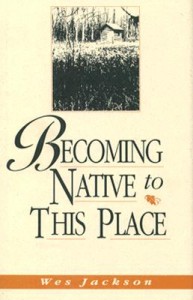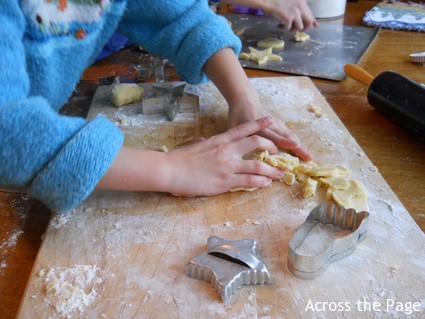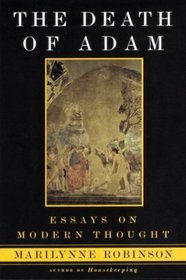Becoming Native to This Place
 I was introduced to Wes Jackson’s work through reading Wendell Berry. The two men have a longstanding friendship and have similar views of what Berry has called “culture and agriculture.” In Becoming Native to This Place, Jackson explores the ways our assumptions about the earth as an inert repository of resources for us to extract and manage developed, how they are destructive to community, and how they might be changed to develop new paradigms in our relationship to nature.
I was introduced to Wes Jackson’s work through reading Wendell Berry. The two men have a longstanding friendship and have similar views of what Berry has called “culture and agriculture.” In Becoming Native to This Place, Jackson explores the ways our assumptions about the earth as an inert repository of resources for us to extract and manage developed, how they are destructive to community, and how they might be changed to develop new paradigms in our relationship to nature.
Like Wendell Berry, Wes Jackson sees agriculture as the heart of our relationship to the earth, a discipline that reveals our attitudes toward the world and each other. He operates The Land Institute in Salina, Kansas, which has worked for several decades to “develop an agricultural system with the ecological stability of the prairie and a grain yield comparable to that from annual crops.”
The book asks several important questions. Why does land cultivated by post-World War II methods produce less, and erode more, than it did before cultivation? Why does it support less life? How did the ideas underlying our system of food production, our use of land and animals, and our reliance on nonrenewable energy develop? Perhaps most basically, what if the settlers of this country had approached their lives asking a different question: “How do we become native to this place?”
I read this years ago, but since then I’ve had children and experienced the Little House books. I couldn’t help but think of the Ingalls and Wilder families’ resounding failure at agriculture as they pushed westward. Kind of like the preacher in Barbara Kingsolver’s Poisonwood Bible, they brought the assumptions and methods and crops from their places of origin, and it just didn’t take on the prairie. Yet they saw it as a very promising place, and they were right; it was a very fertile landscape. But it had its own ecology, which was foreign to them, and which for whatever reason they never really figured out. Their style of farming was to impose themselves on the land rather than to figure out where they were and how to live there.
That, I think Wes Jackson would say, is pretty much the story of America — or of what Wendell Berry has called The Unsettling of America. There are aspects of this book that I don’t have a good enough backing in science to really know what to do with; Jackson has a B.A. in biology, an M.A. in botany, and a Ph.D. in genetics, and though he writes accessibly enough that I could usually understand, I don’t have the context to evaluate it. I didn’t have a clear sense of the underlying moral or spiritual framework Jackson advocates either, though he sees our various compartmentalizations — of church and state, of science and philosophy, of empirical knowledge and moral knowledge — as negative.
However, when he writes about how different localities have different ecosystems and therefore don’t lend themselves to industrialized agriculture that crams all places into the same mold, it simply makes sense. When he writes about human arrogance in acting confidently before we know all that we think we know, and then having a big mess on our hands afterward, it simply makes sense. It’s easy to feel helpless, but we can at least start where we are, and begin to get to know our own place. I felt glad about the nature study our family has embarked on this year, because learning to love one place is the beginning of an ecological ethic. If we love our place, and learn the names of the native living things that constitute our community, and tune in to the stories going on all around us, we can begin to live with more awareness — and perhaps eventually with more wisdom.





2 Comments
DebD
Interesting. This sounds like it dovetails nicely with a book I finished a few weeks ago called “Wheat Belly”. In that book the author states that the wheat we consume today no longer resembles the wheat of our ancestors because of genetic modification. As a result, it is actually harming us. I wonder what Jackson, who has a Ph.D. in genetics, would think of that as well. We are harming the land and the produce of the land is harming us, all because of our own meddling and forcing it to be what we want it to be.
Janet
Yes, it does sound similar. Jackson talks about genetic altering of crops too, and how much smarter it is to examine what’s growing natively, learning from it. Same with animal breeding. Sometimes breeders develop a new line of some species with the idea that they’re improving it, then end up with a species that can’t be supported by the local environment.